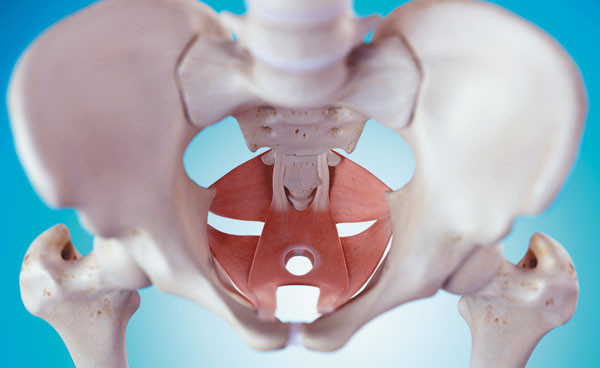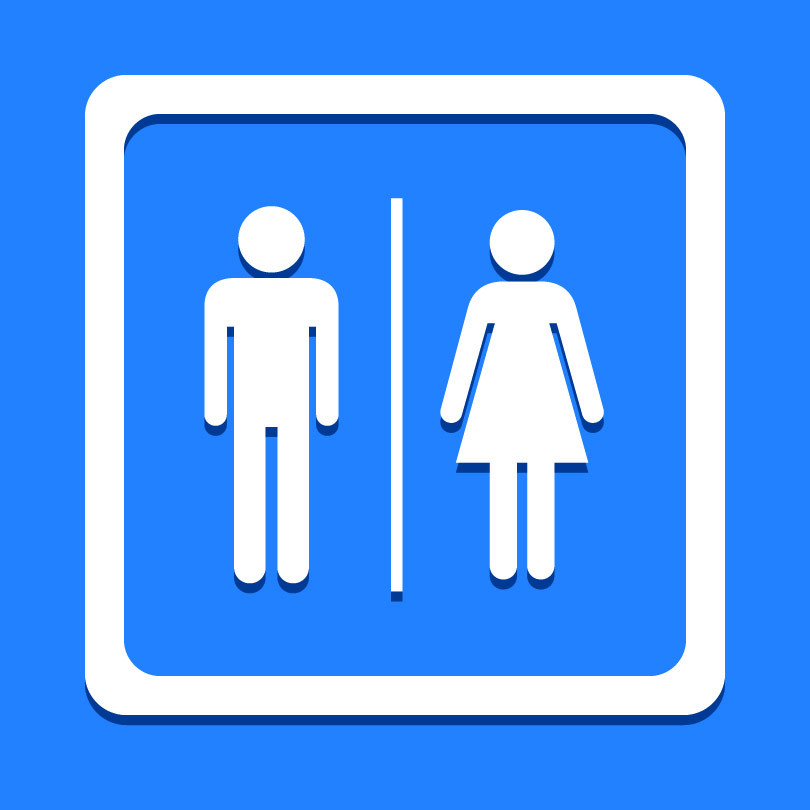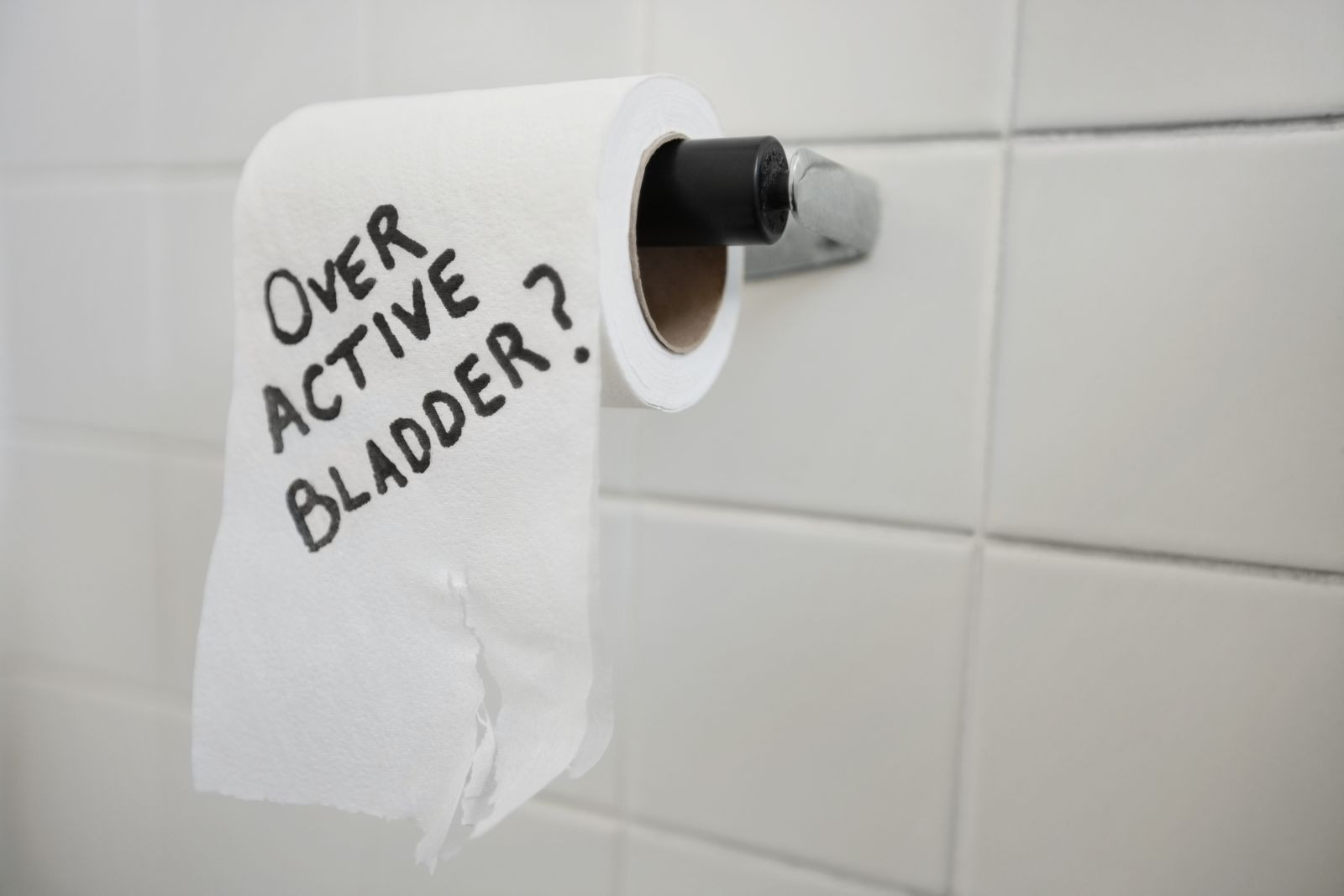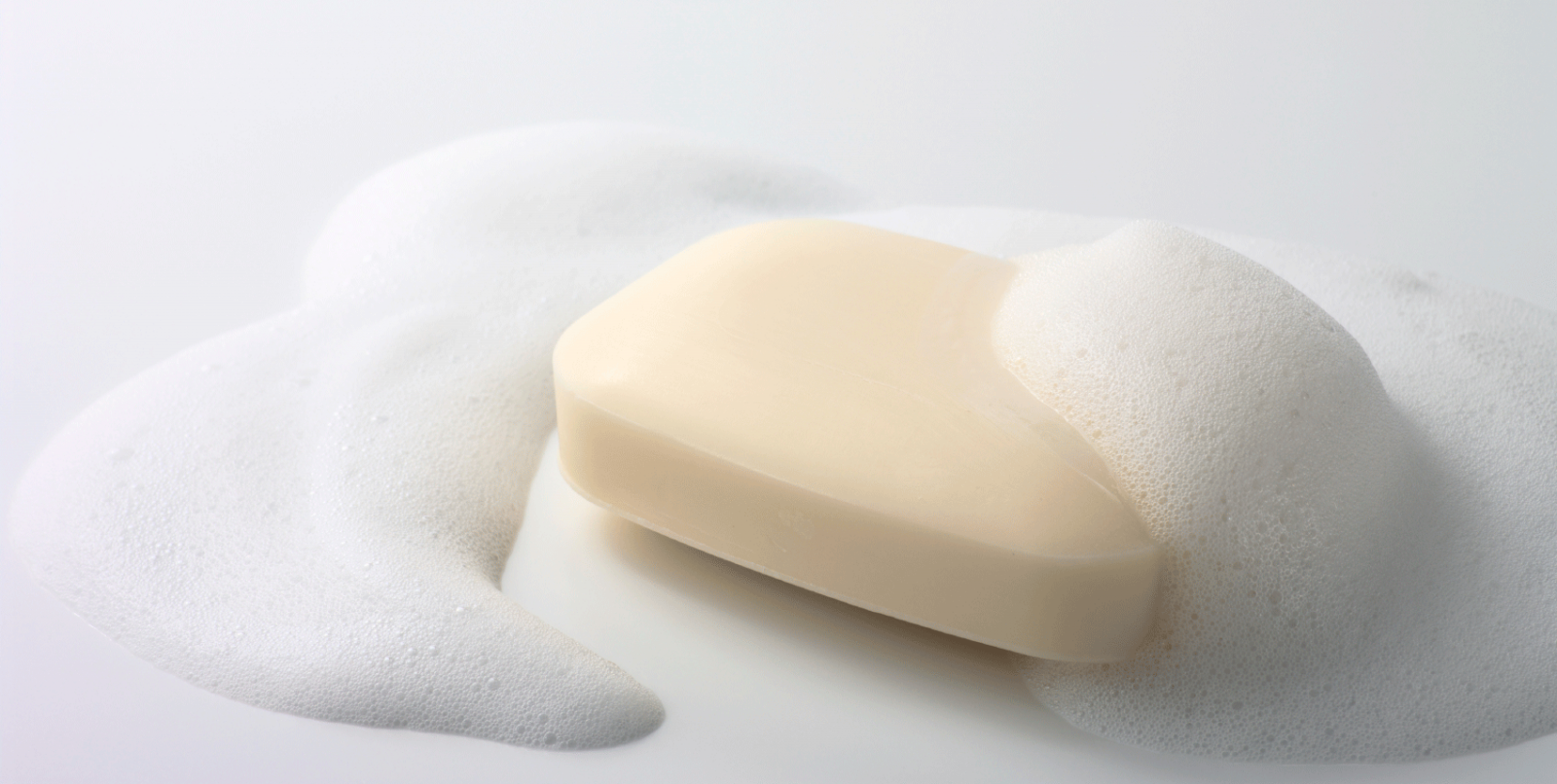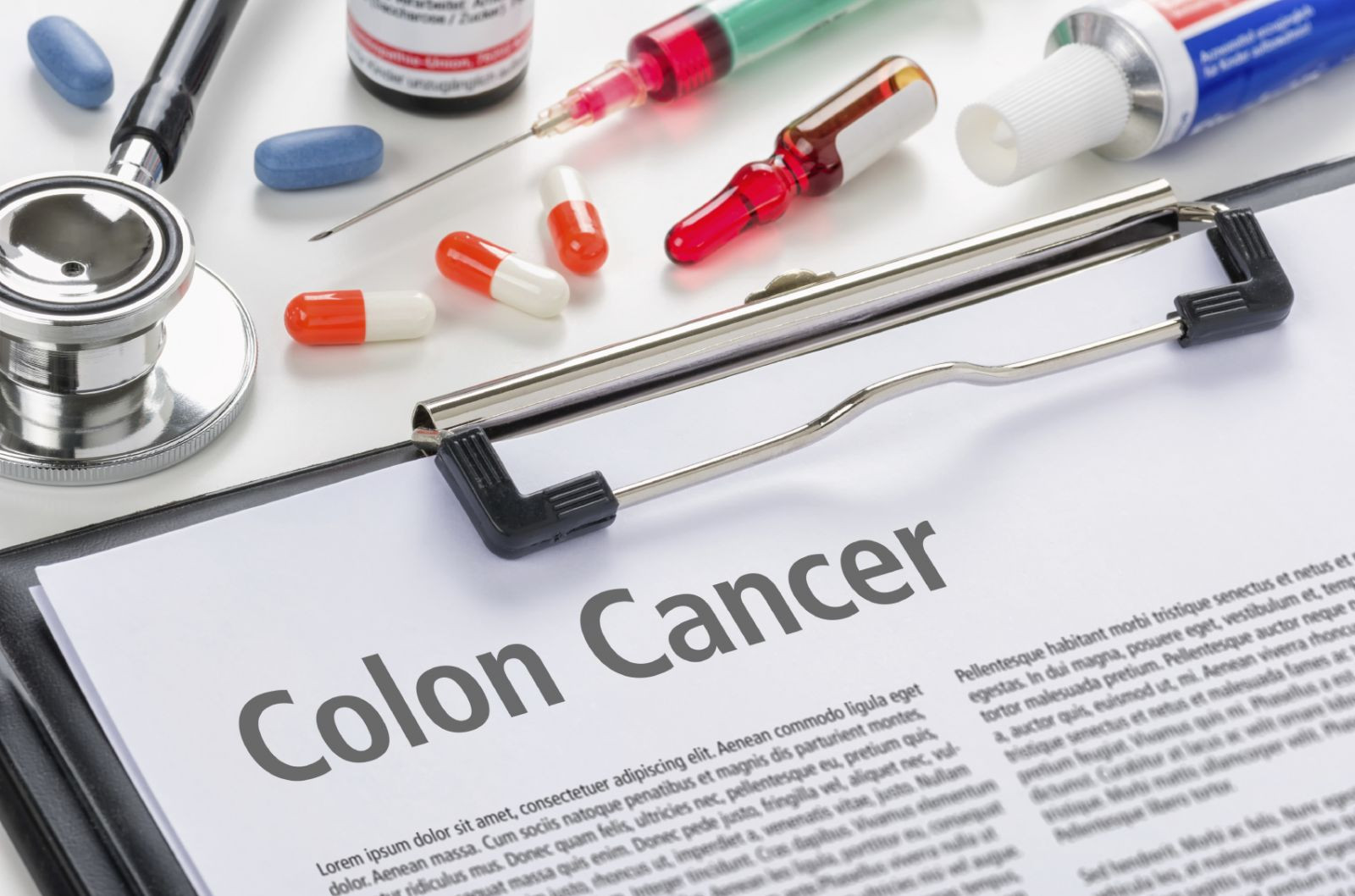
Driving with arthritis pain: Stay comfortable — and safe — behind the wheel

Daily cup of coffee may prevent afib recurrence

Gene-editing therapy lowers harmful blood fats in early study

What is EMDR therapy, and who can it help?

GLP-1 drugs versus bariatric surgery for treating obesity

Two dumbbells, three exercises, and 10 minutes

Easing the emotional burden of IBS

Modify your push-ups to meet your fitness level

What is long QT syndrome?

Stroke survivors may benefit from very low LDL levels
Bladder & Bowel Archive
Articles
Kegels: Not for women only
Women use kegels to strengthen their pelvic floor muscles, but men may also benefit from doing these exercises.
Image: © Eraxion /Thinkstock
Kegel exercises to strengthen pelvic floor muscles have long been seen as just for women, but they may be a way for men to address some common unpleasant issues as they age.
"Men also can have issues with these muscles, which can cause urinary leakage, bowel trouble, and even erection problems," says physical therapist Celia Brunette, with Harvard-affiliated Spaulding Rehabilitation Center.
Incontinence may reflect body fat, not just weight
The risk of developing stress incontinence or urge incontinence increases along with BMI and body fat percentage. Stress incontinence is also associated with declines in grip strength.
Treating interstitial cystitis
Interstitial cystitis is a chronic inflammation of the bladder that causes people to urinate -- sometimes painfully -- as often as 40, 50, or 60 times a day. Their quality of life, research suggests, resembles that of a person on kidney dialysis or suffering from chronic cancer pain. Not surprisingly, the condition is officially recognized as a disability.
There's no cure for interstitial cystitis, but many treatments offer some relief, either on their own or in combination.
Does cranberry extract prevent UTIs?
Scientific evidence doesn’t support taking cranberry extract to prevent urinary tract infections.
Mobile app reduces stress incontinence episodes in small trial
Women who used Tät, a smartphone app, did more pelvic floor exercises and had greater reductions in episodes of stress incontinence.
Build a better bladder
Exercises, lifestyle change, medications, and procedures can alleviate incontinence and give you your life back.
A leaky bladder or a sudden urge to go to the bathroom is uncomfortable andembarrassing. But you can take steps to alleviate the problem. "Some people tell me they would have sought treatment sooner if they'd known it was this simple," says Dr. Anurag Das, director of the Center for Neurourology and Continence at Harvard-affiliated Beth Israel Deaconess Medical Center.
Lifestyle changes
One of the first lines of defense is pill-free and costs nothing: lifestyle change. For urge incontinence (see "Types of incontinence"), you can try timed voiding (urinating on a schedule) and bladder guarding, which teaches you to cope with triggers that set off the urge to go, such as washing dishes or hearing water. "You squeeze your muscles to hold in urine before a trigger, which sends a message to the brain that this is not the time to go," says Dr. Das. Other lifestyle changes include watching fluid intake; quitting smoking, to reduce coughing and pressure on the bladder; and minimizing bladder irritants such as caffeine, alcohol, and carbonated drinks.
Do you have an overactive bladder?
If you feel a strong urge to urinate even when your bladder isn't full, it might be related to overactive bladder, sometimes called urge incontinence. This condition occurs in both men and women and involves an overwhelming urge to urinate immediately, frequently followed by loss of urine before you can reach a bathroom. Even if you never have an accident, urgency and urinary frequency can interfere with your work and social life because of the need to keep running to the bathroom.
Urgency is caused when the bladder muscle, the detrusor, begins to contract and signals a need to urinate, even when the bladder is not full. Another name for this phenomenon is detrusor overactivity.
Proper skin care — down there
When the skin comes in contact with fecal material for a length of time, it can become irritated and inflamed. That means proper care of the skin in the anal area is essential to maintaining comfort and preventing skin deterioration. Skin irritation is more than a misery. It can invite infection and even compromise your treatment if the skin becomes too sore for your muscles to work well.
Skin should be cleansed after each episode of incontinence. Choose an extremely mild, nonalkaline soap — such as Dove or Basis — or buy one of the special cleansers designed to gently dissolve and remove stool and urine (such as Aplicare Antiseptic Perineal Wash). These are nonirritating, soap-free cleansing lotions; some are available in portable disposable wipes (Clinell Continence Care Wipes). They eliminate the need to scrub areas of tender skin, and some do not require that you rinse the skin after use.
Colon cancer testing: What's in it for you?
Image: iStock
Being checked for hidden colorectal cancer is a smart bet, though it's hard to say whether it will ultimately extend your life span.
Recently, the National Colorectal Cancer Roundtable—a national organization of medical groups, health care providers, government agencies, and patient advocates—launched the "80% by 2018" initiative. The goal is to convince more people to get screened for hidden colorectal cancer. Right now, about 65% of Americans do so.
Does the way I urinate make me more prone to UTIs?
Image: Thinkstock
Ask the doctor
Q. Your recent article on recurrent urinary tract infections (UTIs) didn't mention much about urination. One of my friends told me that it could influence my chance of getting a UTI. Is that true?
A. Actually, your urination habits are a good place to start if you're trying to prevent UTIs. When sitting on the toilet, make yourself as comfortable as possible in a relaxed seated position—not a squat. Start the stream of urine by relaxing your pelvic floor muscles, rather than straining to urinate. Allow enough time for your bladder to empty completely.

Driving with arthritis pain: Stay comfortable — and safe — behind the wheel

Daily cup of coffee may prevent afib recurrence

Gene-editing therapy lowers harmful blood fats in early study

What is EMDR therapy, and who can it help?

GLP-1 drugs versus bariatric surgery for treating obesity

Two dumbbells, three exercises, and 10 minutes

Easing the emotional burden of IBS

Modify your push-ups to meet your fitness level

What is long QT syndrome?

Stroke survivors may benefit from very low LDL levels
Free Healthbeat Signup
Get the latest in health news delivered to your inbox!
Sign Up
